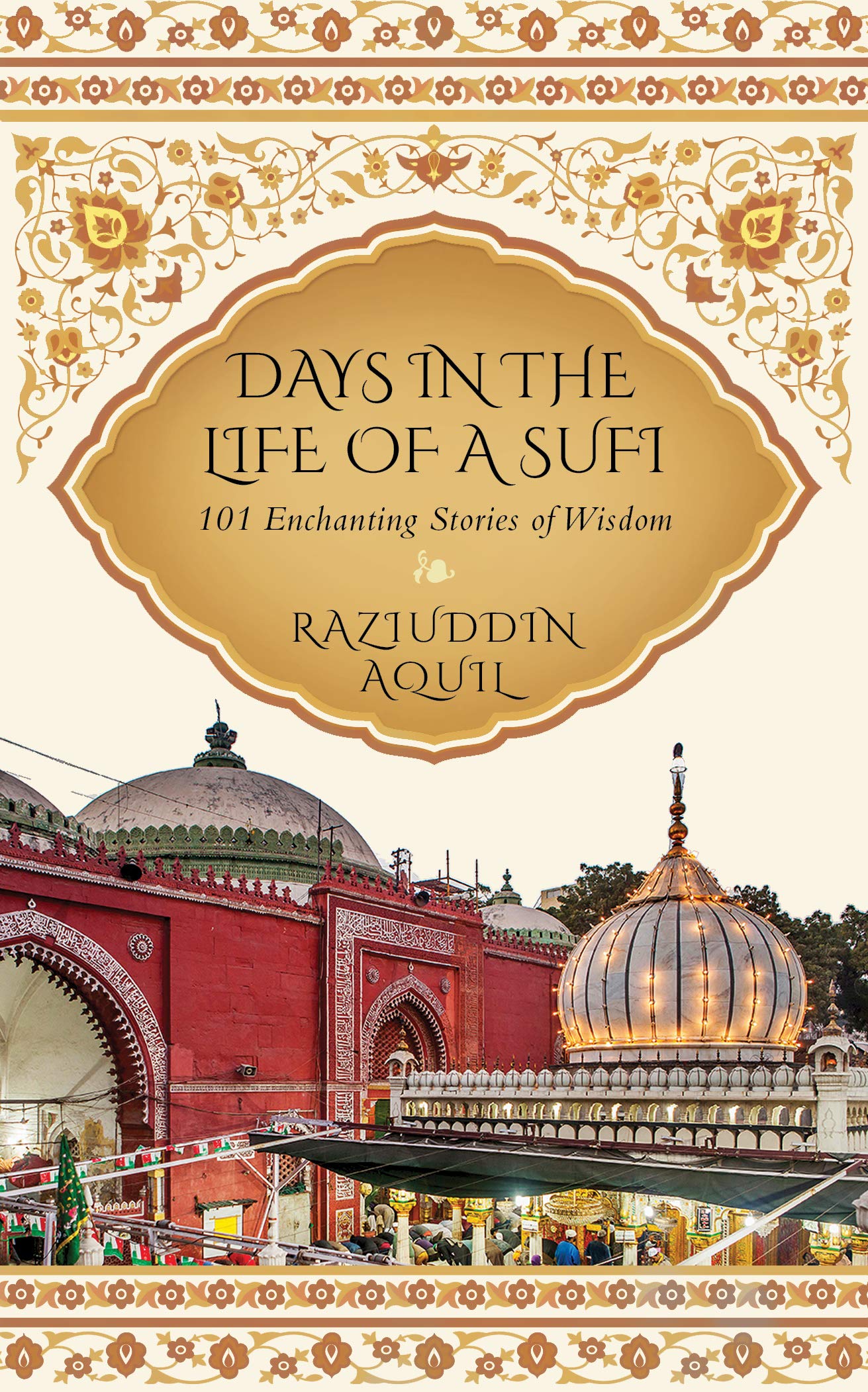
BOOK TITLE: DAYS IN THE LIFE OF A SUFI - 101 ENCHANTING STORIES OF WISDOM | AUTHOR: RAZIUDDIN AQUIL | PUBLISHER: PAN MACMILLAN INDIA | GENRE: NON-FICTION | WINGED RATING: 4 / 5
Sufism has been a philosophy that many today are eager to discover. Its long history is prominently known and acknowledged in the Indian subcontinent and the western world alike. Having grown up visiting many Sufi shrines, I could never comprehend the number of people entwined in varied cultural places, storming the tomb on the eve of Urs and otherwise. After many years, I chose to turn the pages of history to discern an answer for my interest and one of the first books that I happened to pick is ‘Days In the Life Of a Sufi’ by Raziuddin Aquil. The author is an associate professor in the department of history at the University of Delhi and has many acclaimed works of the subject in his name.
The book begins with a profound introduction to Sufism, its vibrant philosophy, history, its association with humanity, respect with multiplicity, political interventions, geographical expansion, conflict with Islamic orthodoxy, love for literature, poetry and music, techniques of meditation, miracles, promoting pluralism, diverse, tolerant Indian society and proselytization and Islamization. All of which sets the right rhythm and interest for the readers to read the stories further in the book.
“Prophetic tradition refers to the three dimensions of Islam: islam, iman and ihsan; islam, or submission was forced by the jurists (muftis and qazis); iman, or faith, was preached by the theologians; and ihsan, the propensity to do beautiful things, was practiced by Sufis, making them appear as the best among the Muslims.”
Through this book, the author intends to point out “the different roles the Sufis played in medieval India”, “their significant contribution to the making and shaping of Muslim communities, and “aiding the process of Islamic acculturation”. The author has managed to compile stories and episodes from the life of Hazrat Nizamuddin, Moinuddin Chishti, Shaikh Farid, Rabia Basri, Qutbuddin Bakhtiyar Kaki, Bibi Fatima, Bibi Zulaikha Shaikh Nasiruddin Chiragh, Syed Shah Muhammed Firuzabadi, Maulana Fakhruddin Zarradi, and many more. These are very short one-to-two page stories that the readers can enjoy and grasp in a single flow. Besides, the book also has some notable anecdotes of wisdom showing “pursuits of ethical and moral conduct in Sufi spirituality – a vibrant movement within Islamic traditions across time and space.”
I found every story in the book peculiar, but having been a student of the philosophy of yoga for some time now, I particularly found the ones talking about Sufi-Yogi encounters fascinating. Besides, the stories like ‘Urs and music’, ‘Compassion for dogs’, ‘On the matters of heart and body’, ‘Protection from enemies’, ‘Healing powers of charms, amulets, and relics’, helped in envisaging the metamorphosis in comparison to the present modern context. The book often talks about the political conflicts and mutual respect between a Sufi and the enthroned Emperor of that era. Most of which find their relevance even today. I have two personal favorites – ‘The tragedy of Mansur Hallaj and the need for a spiritual guide’ and ‘On Eternal Love and self-sacrifice: The case of Majnun’s failure’. The first talks about the expression of Ana’l Haqq (I am God), the Sanskrit equivalent of Aham Brahmasmi that continues to steer debates on spiritual as well as political levels, and the latter mentions a popular love story through a mystical perspective.
This is one of the best books of the genre that I read in 2020. There’s a picture of a beautifully lit Hazrat Nizamuddin’s shrine on the book cover and it couldn’t have been any better! I recommend this book not only to those drawn to the Sufi philosophy but to all the short-story and history lovers. Although this is a work of non-fiction, the readers will relish reading this equal to that of fiction.
Book Price: INR 399/-
Review by: Nazneen Kachwala
Very well written review, i would love to read this book
Haresh Thakker
Leave a comment